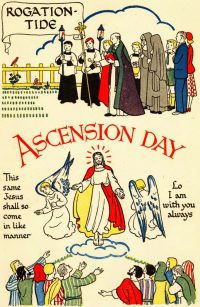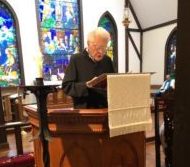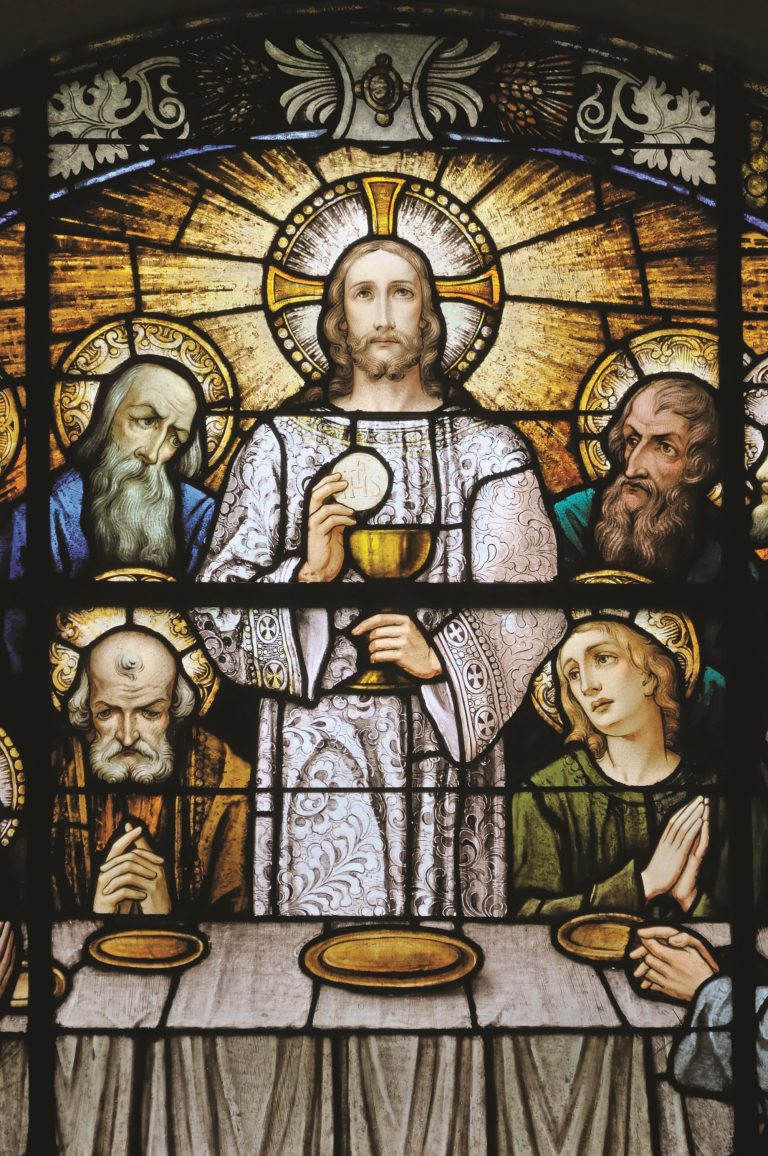Rogation Days – brief description
This year Rogation Sunday falls on Sunday 9th May. But what exactly does it mark?
Bishop Alastair Redfern provides an overview of this lesser-known church festival.
Rogation is an ancient church festival to seek blessing for a community and its sustenance. The word rogation comes from the Latin verb rogare, meaning “to ask, ” reflecting the beseeching of God for protection from calamities. As the Book of Common Prayer puts it: “Rogation Days are the three days preceding Ascension Day, especially devoted to asking for God’s blessing on agriculture and industry.”
Since mediaeval times there has been a tradition of “beating the bounds” of the parish, praying for God‘s blessing upon the crops and thus the well-being of that particular settlement. Some parishes are still observed today – with a procession, prayers, and a sharing of hope in God‘s goodness to nourish every endeavour that enables people to flourish.
The Sixth Sunday of Easter (the fifth Sunday after Easter Sunday) is traditionally known as “Rogation Sunday” in the Church of England’s calendar of festivals. This is because the Monday, Tuesday, and Wednesday of the following week is known as the “Rogation Days,” days for fasting and prayer. The Thursday of that week is the feast of the Ascension, which comes on a Thursday, the 40th day after Easter (when Easter Sunday is counted as the 1st day).
Rogation invites people to ask for blessing – for a particular place; for all its inhabitants; for every endeavour to promote the common good. It is totally inclusive – joining everyone in seeking sustenance and a commitment to play their part in its provision.
What could be a more appropriate occasion for recognising that modern slaves are hidden in many rural settings, as well as in urban areas, their “work” unrecognised, and their well-being ignored. As churches celebrate the opportunity to ask for blessing in each parish, may we recognise the realities of those denied a proper place in the community, and include in our prayers, and through our endeavours over the coming months, a commitment that they may be properly seen, set free, and enabled to make their own desires known, that they may be a precious part of the fuller unfolding of God’s goodness.







